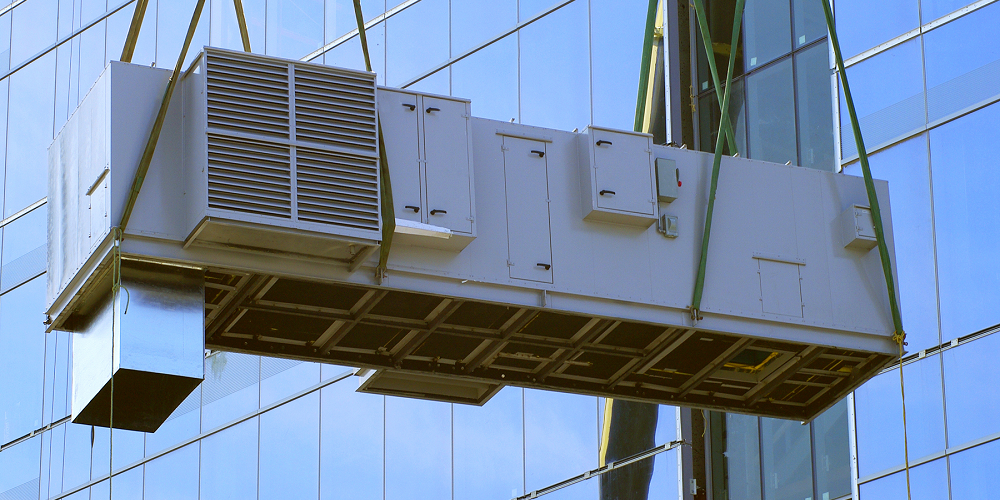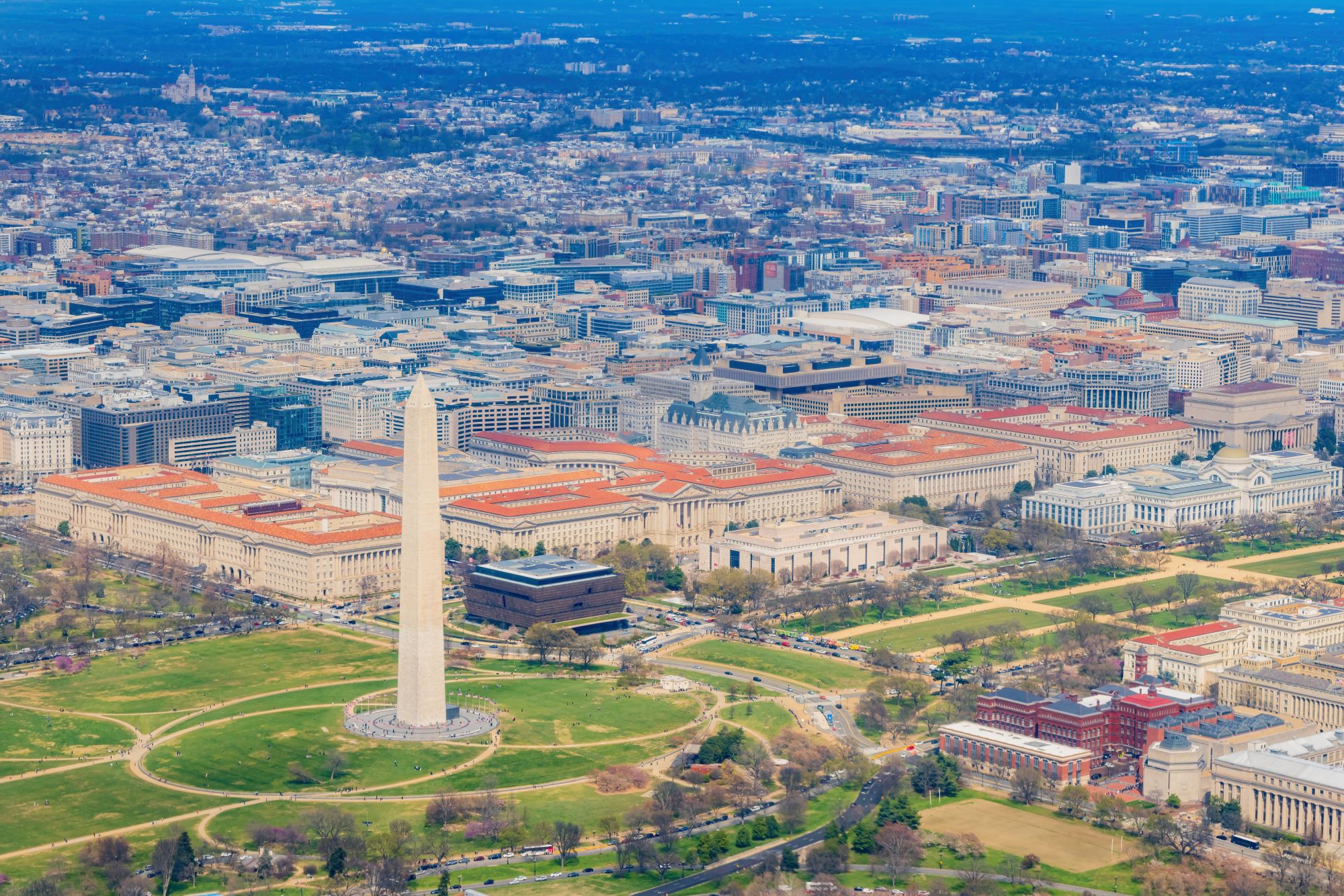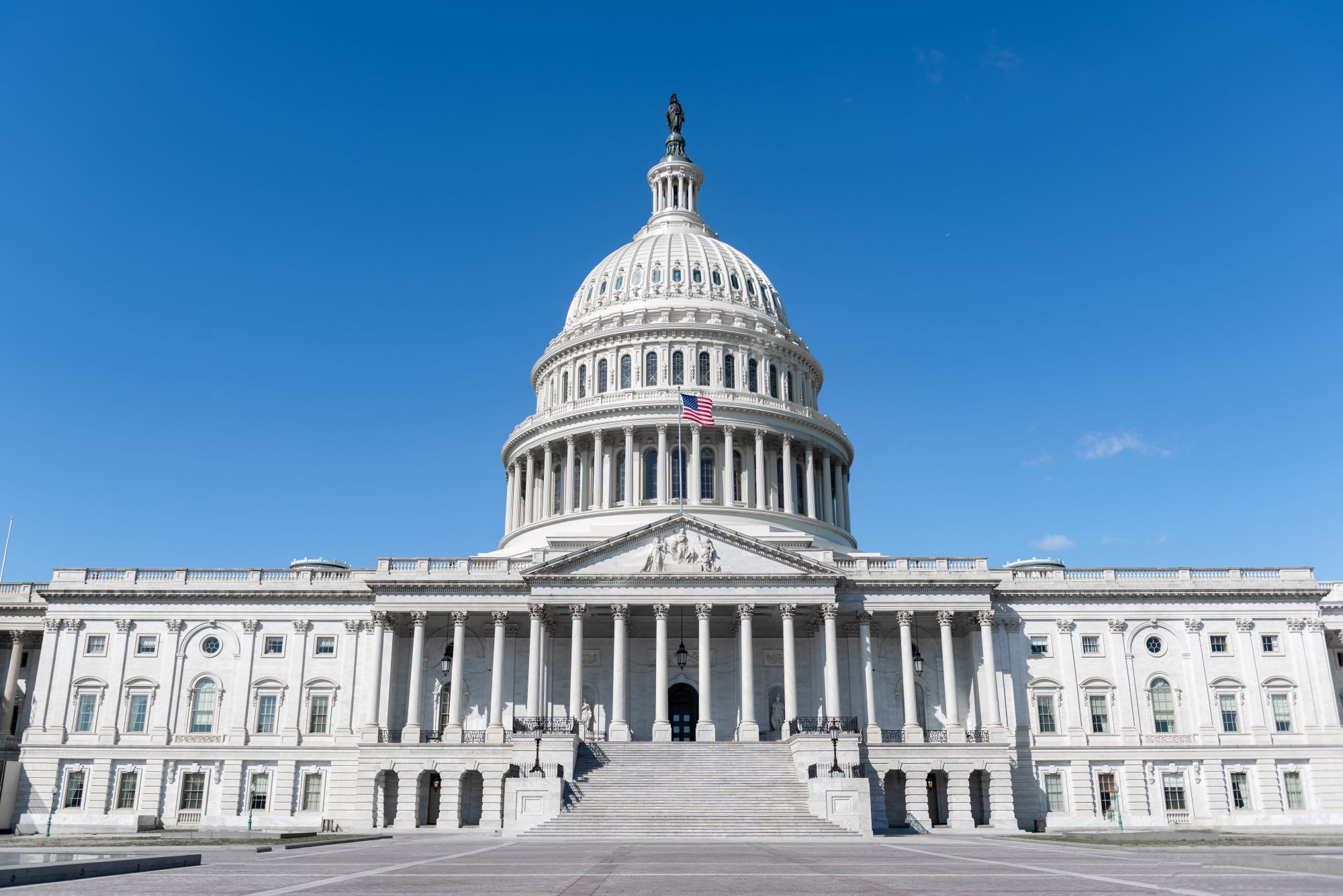The Energy Efficiency Glitch
Let's Save Energy
Alliance to Save Energy's Blog

By Bob Hinkle, President & CEO, Metrus Energy
Climate Week will involve a sober look at where we are today and the herculean efforts required to mitigate the impacts of climate change. Major policies and incentives are clearly needed to help us in this fight. But we also must keep in mind simple solutions, including one bipartisan legislative fix that’s sitting on the desk of lawmakers in Washington right now.
This specific item addresses the “retail glitch” that occurred due to a last-minute drafting error in the 2017 Tax Cuts and Job Acts. Although the tax bill wasn’t focused on energy efficiency, lawmakers intended to include a common-sense change that would have shortened the depreciation period for purchasing new building equipment, effectively encouraging capital investments. Instead, the bill accidentally failed to update the old depreciation period, which threatens to stymie investments in newer, more efficient equipment and significantly hurt climate change efforts for years to come.
We are running out of time to fix it. The drafting error will have a significant, adverse impact on energy efficiency investments if it isn’t fixed by the end of 2019.
As background, a category of business investments called Qualified Improvement Property (QIP) was inadvertently omitted from the 15-year equipment category which would have made it eligible for 100 percent bonus depreciation – meaning a company could immediately deduct its entire value from taxable income. This error, dubbed the “retail glitch” since it impacts the remodeling of non-residential buildings, affects virtually all types of energy-intensive building equipment such as refrigeration, HVAC, lighting, and other components.
The required correction is to simply add QIP to the 15-year equipment category, as originally intended. Many efficiency upgrades (such as LED lights) have useful lives of 5 to 15 years but are currently forced to be depreciated at 39 years due to this mistake. This makes no sense in terms of the actual useful life of efficiency equipment – and effectively discourages building owners from replacing old, inefficient equipment with newer, high-efficiency models.
If this mistake isn’t fixed, companies will start to pay a de facto penalty to upgrade their facilities to be energy efficient in 2020. For example, on a typical $5 million 5-year LED lighting project, taxes will account for 70% of net cash flows if unfixed and only 10% if fixed. In short, this drafting error increases the tax burden on energy efficiency investments sevenfold. This means a project that would have otherwise eliminated 9,000 tons of annual CO2 emissions – the equivalent of taking 1,600 cars off the road – will go undone. When you scale this missed opportunity to the national level, you get a sense of just what is at stake. A new report by the American Council for an Energy-Efficient Economy (ACEEE) found that energy efficiency can cut U.S. energy use and greenhouse gas emissions by 50% by 2050, getting us halfway to U.S. climate goals.
The good news is this is truly a simple fix. The bad news is that in our current political climate, we are at risk that even this straightforward change will get caught up in broader partisan battles.
Fortunately, groups like the Alliance to Save Energy, ACEEE and the Real Estate Roundtable have been working hard behind the scenes to address this issue. Metrus Energy is proud to be part of these efforts and we appreciate the lawmakers who have taken the time to meet and respond to us over the last several months. However, with less than 35 working days remaining for Congress in 2019, the time to act is now. Mitigating the impacts of climate change will require a lot of work, fixing this glitch will not. Let’s hope that Congress doesn’t pass up this empty netter in the fight against climate change.
STAY EMPOWERED
Help the Alliance advocate for policies to use energy more efficiently – supporting job creation, reduced emissions, and lower costs. Contact your member of Congress.
Energy efficiency is smart, nonpartisan, and practical. So are we. Our strength comes from an unparalleled group of Alliance Associates working collaboratively under the Alliance umbrella to pave the way for energy efficiency gains.
The power of efficiency is in your hands. Supporting the Alliance means supporting a vision for using energy more productively to achieve economic growth, a cleaner environment, and greater energy security, affordability, and reliability.



